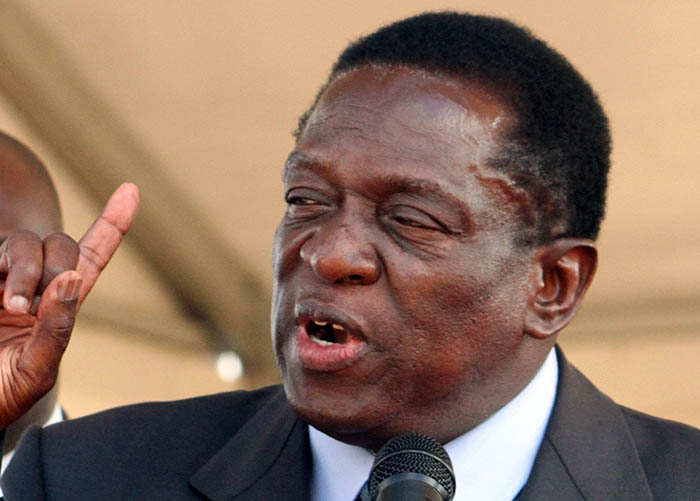EDITORIAL COMMENT: It’s our duty to stop road carnage

At the last count on Friday, 44 people had died from the horrific King Lion bus accident which occurred last Wednesday night near Nyamakate shops along the Harare-Chirundu highway. The Government moved in quickly to declare the accident a state of disaster, meaning it would assist in the burial of the deceased.
Insurance companies were also ready to chip in. At the same time, Government has proposed a motor vehicle accident fund so that in similar incidents in the future, support for the living and burial arrangements are not seen to be ad hoc.
We can add that dualisation of the Beitbridge-Harare-Chirundu highway is almost assured, with the contractor, Geiger International of Austria, starting pre-commencement work on the project, estimated to cost about $1 billion.
Reaction to the accident, like in all previous such disasters, has been one of shock. Police for their part, have warned drivers not to drink and drive, and to avoid speeding on the country’s roads. The cross-borders association has called for the withdrawal of the operating licence of the owners of the King Lion buses, whom they condemned as repeat offenders after a string of fatal accidents recently.
There have also been calls on Government to ban night-driving for certain classes of vehicles, especially public vehicles.
That was all in the immediate aftermath. We are hardly a week away from that tragedy. For the majority of us outside the circle of those directly affected by the accident, it is back to business, with a level of insouciance befitting a well-fed child. It’s all over.
That is until another such mishap, and this is where we believe we are guilty of having too short a memory as a nation, and a failure to treat death as FINAL.
The Traffic Safety Council of Zimbabwe last week, also in the heat of high emotions, stated that at least 90 percent of road traffic accidents are attributable to human error. And we have no reason to question their statement. The percentage could in fact be higher. And it’s bound to stay so when we as a nation we seem to have short memories when it comes to road accidents, and take death lightly overall.
Road traffic accidents are not going to be solved by the blame game, but by us as a nation pleading guilty as charged. The role of human agency in the occurrence of road traffic accidents shows that something needs to be done. We should not turn our roads into a traffic jungle, nor should articles of convenience like vehicles be turned into killing machines.
One of the survivors of the King Lion bus accidents told of how some women had pleaded with the driver over his excessive speed. The rest of the passengers sat there quiet, complicit and making those protesting feel foolish.
There are many of us who will not utter a word of protest even when it’s evident that our very own lives are at risk. At worse, we claim to be in a hurry and urge the maniacal driver to ram the fuel pedal to the floor.
Rarely do Zimbabweans observe the speed limits indicated on the road. We love to “cheat” the police. As soon as we pass the roadblock, the speed demon takes over, until the next check point.
When we meet a speed demon hurtling towards a police roadblock, we flash him with our lights, rather the hazards. There is just no enforcement nor respect for road traffic rules in Zimbabwe. The only good driver is a dead one. And every day people die, we are briefly shocked, and soon we are back to our old habits.
The Traffic Safety Council of Zimbabwe plead that they are not a law enforcement agency. True. Then they must increase their visibility by way of safety awareness campaigns. This should be a continuous process. They must involve members of the public. People must know that it is their right to protest when a driver is being careless; that it is their duty to report such a driver at the next police roadblock.
In short, we all have a duty to stop the carnage on our roads. It has nothing to do with the state of the road, but the state of the human mind, our attitudes as drivers and pedestrians and passengers. We can tame the traffic jungle, or NEXT TIME IT IS YOU IN THE COFFIN.










Comments